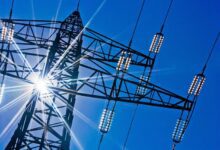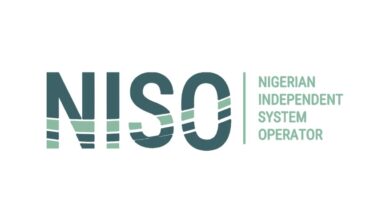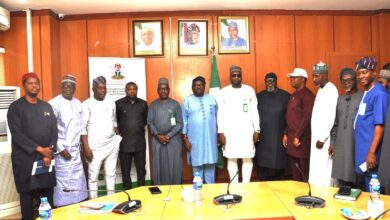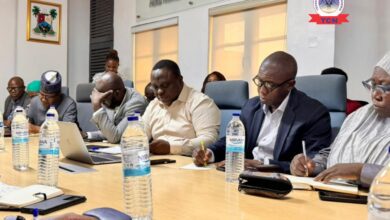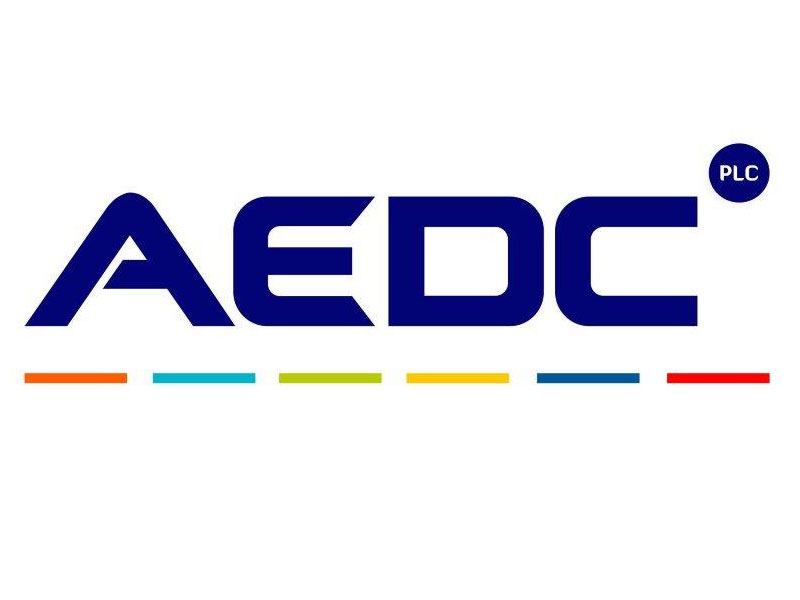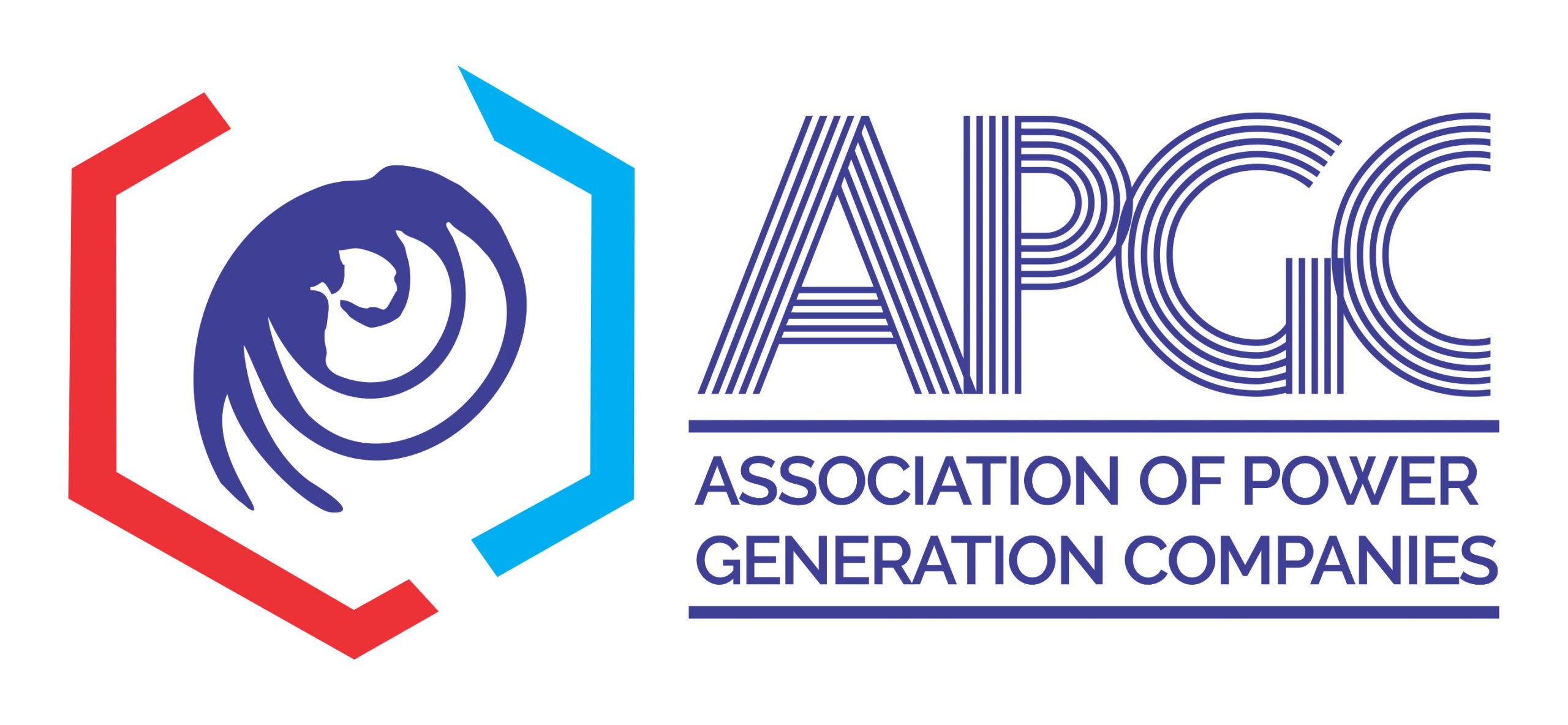
Association of Power Generation Companies (APGC) has called for strategic collaboration to permanently address the perennial issue of power grid collapse in Nigeria.
The Managing Director/Chief Executive Officer of APGC, Dr. Joy Ogaji, made the call on Thursday, while speaking at a one-day workshop organised by the association to deepen the knowledge of journalists covering the power sector in Abuja.
She spoke on the devastating effects of grid collapse on GenCos’ hydro/thermal machinery, both from a technical and commercial standpoint.
Data from the Transmission Company of Nigeria (TCN) shows that from 2013 to 2020, the national grid system failed 84 times and partially collapsed 43 times.
This year alone, the grid has collapsed 12 times, with only six reported.
The World Bank data on countries with the most electricity outages in Africa showed that in 2019, Nigeria suffered outages for 191 days out of 365.
The economic cost of power shortages in Nigeria is estimated at around $28 billion annually—equivalent to two percent (2%) of the country’s Gross Domestic Product (GDP).
Dr. Ogaji said that grid collapse poses a significant threat to Nigeria’s power sector, resulting in frequent disruptions, equipment damage, and substantial revenue losses for GenCos.
“Technically, grid collapse can cause catastrophic damage to generators, transformers, and other critical infrastructure, leading to prolonged downtime and costly repairs.
“Commercially, the impact is equally severe, as GenCos face reduced power sales, penalties for non-delivery (in bilateral and cross-border trades), and increased operational expenses,” Dr. Ogaji explained.
She contended that the dwindling resources exacerbate these challenges, making it difficult for GenCos to maintain, repair, and replace damaged equipment, ultimately compromising the reliability and efficiency of the power supply.
The Spokesperson submitted that addressing these challenges requires coordinated efforts from government, regulatory bodies, and the power sector to improve infrastructure, enforce maintenance protocols, and ensure financial viability for GenCos.
Grid instability and overload, failure of critical equipment, human error, natural disasters/severe weather events, cascading interconnected system failure, cybersecurity attacks, gas constraints, ageing infrastructure, and demand-supply mismatch were all highlighted as causes of grid collapse in the sector.
In a presentation, an industry expert, Prof. Stephen Ogaji, said the frequent shutdown and startup instructions from the National Control Centre (NCC) and grid collapse (Turbine Trip) had resulted in huge energy and revenue losses to the sector, especially the generation company.
Prof. Ogaji noted that the capital parts of thermal plants; like combustion liners, flow sleeves, crossfire tubes, fuel nozzles, flexible (pigtail) hoses, gas turbine first-stage buckets, and shrouds, are damaged in the process, which take millions of dollars to fix.
He, therefore, recommended that the Nigerian Electricity Regulatory Commission (NERC) approves the procurement of ancillary services that provide secondary controls (spinning reserve).
He advised that the system operator to as a matter of urgency, complete and commission the Supervisory Control and Data Acquisition (SCADA) system project to enable them to oversee all the power systems properly.
Ogaji also urged the system operator to put in effect the earlier proposed Generation Dispatch Tool (GDT) and implement and enforce all the provisions of the Grid Code.


